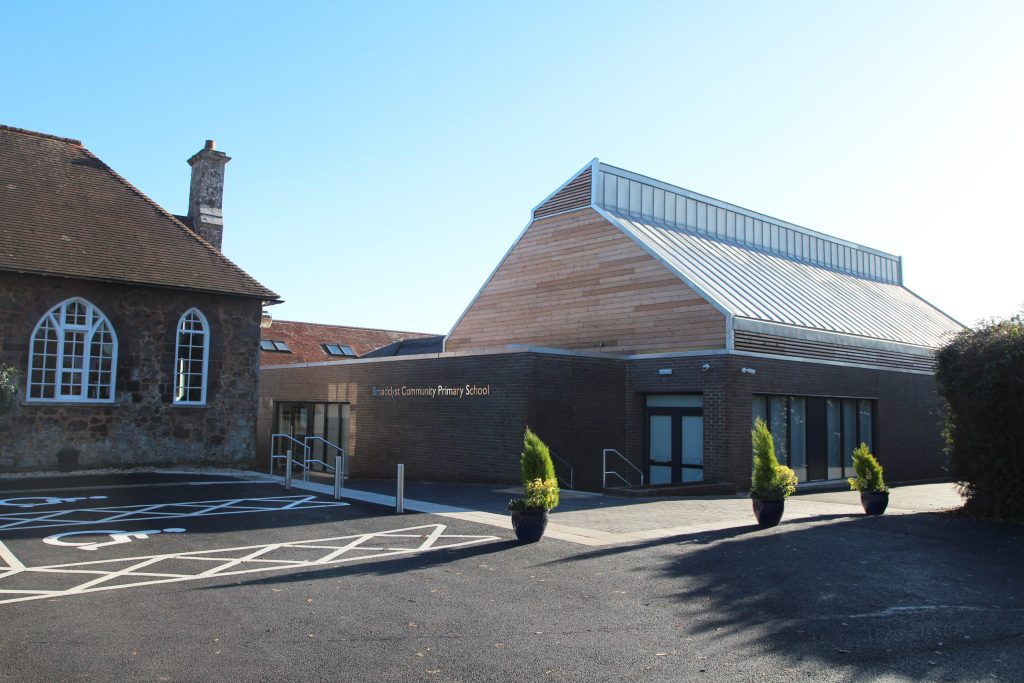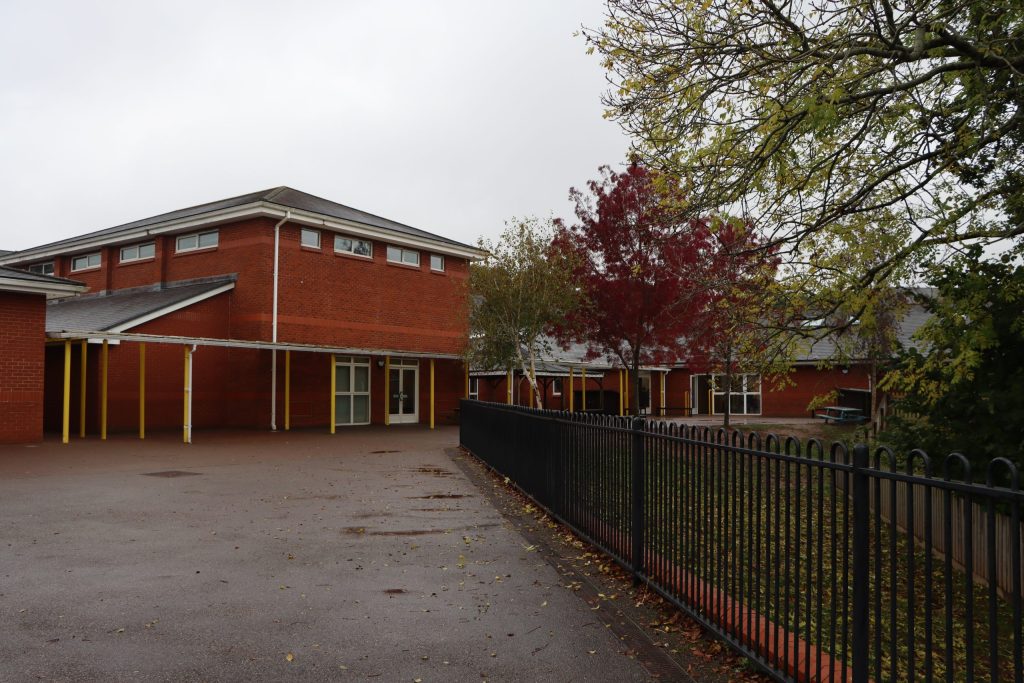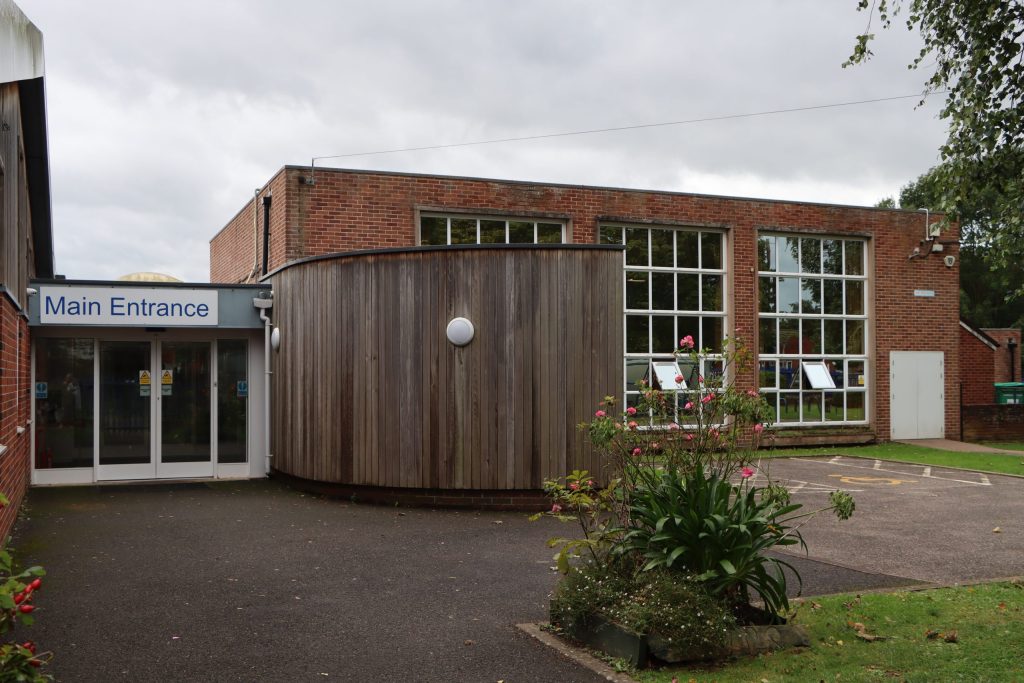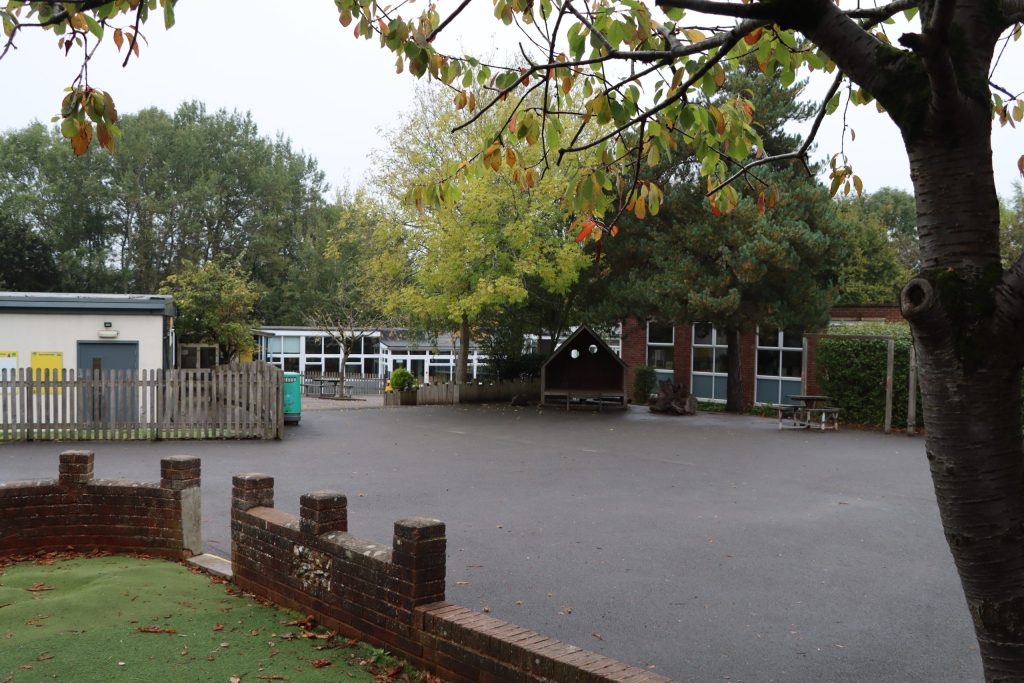EYFS Curriculum Overview
At Cornerstone Academy Trust, our Early Years curriculum for Nursery and Reception is carefully designed to support each child’s unique developmental journey, laying strong foundations for lifelong learning. In Nursery, children are nurtured through a play-based, language-rich environment that encourages exploration, creativity, and social interaction. Through engaging themes such as “Who Am I?” and “What’s Outside?”, they develop confidence, communication skills, and early physical coordination, supported by high quality adult interactions and responsive teaching. As children progress into Reception, the curriculum builds on these foundations with more structured, yet still playful, learning experiences. Topics like “Once Upon a Time” and “Amazing Animals” deepen their understanding of the world while fostering early literacy, numeracy, and problem-solving skills. Reception children are introduced to phonics, begin to write, and take part in activities that support independence, collaboration, and self-regulation. Across both years, we prioritise strong relationships, active learning, and purposeful play, ensuring all children thrive and are well-prepared for Key Stage 1.
Project Based Learning
Autumn 1 - Who Am I?
Autumn 2 - Who Helps Me?
Spring 1 - Once Upon a Time
Autumn 1 – Nursery
Our Nursery children begin their learning journey with the theme “Who Am I?”, focusing on settling in, building relationships, and developing a sense of self. Through playful, engaging activities, children explore their families, likes and dislikes, and what makes them unique. They begin to understand routines, make friends, and communicate their needs using everyday language. Staff support children’s communication and personal development through songs, stories, and conversations, helping them feel safe, confident, and part of the school community. This half term lays the foundation for social interaction, independence, and a love of learning through child led and adult guided play.
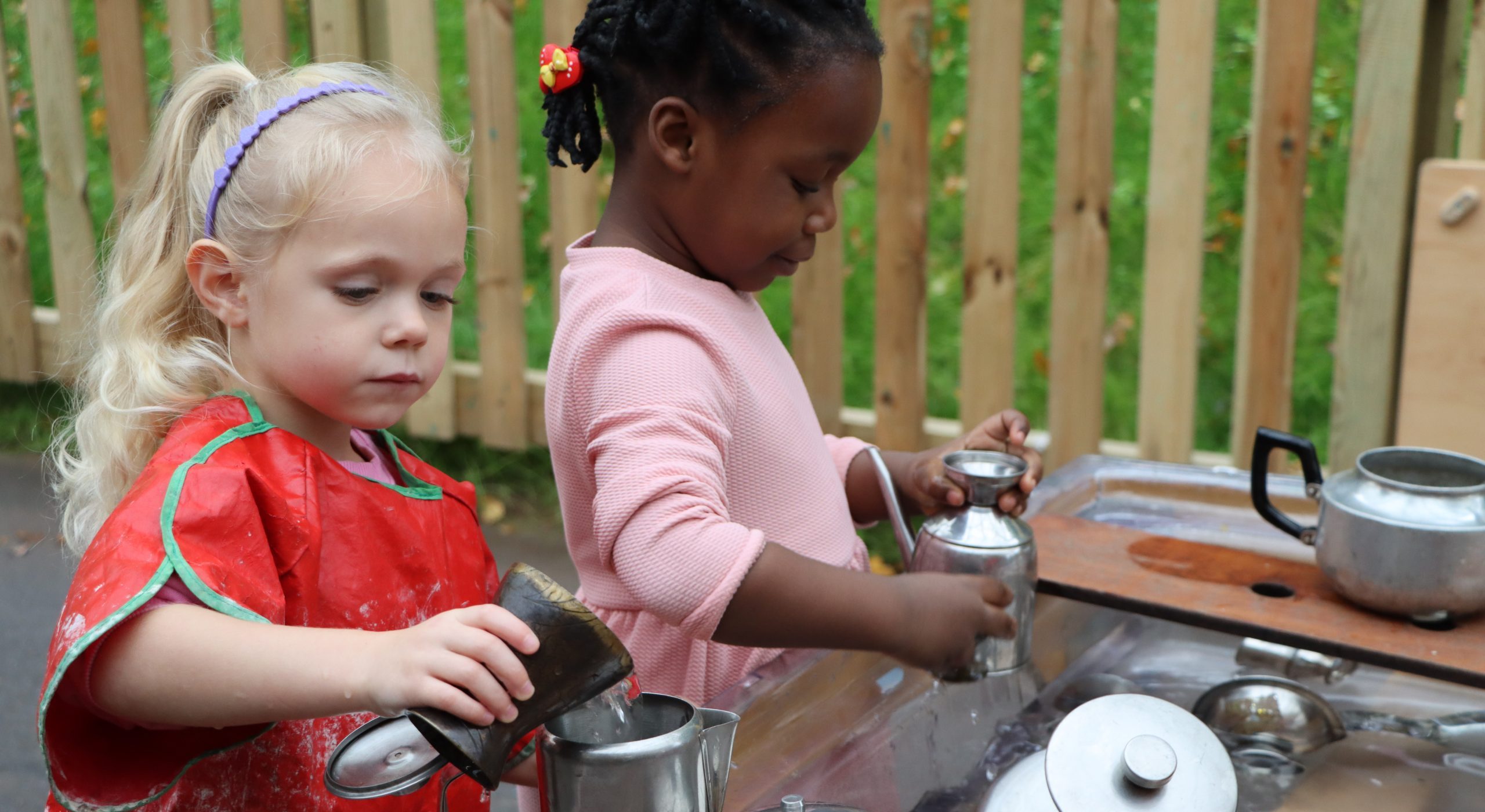
Autumn 1 – Reception
Reception children begin their school journey with the theme “Who Am I?”, focusing on settling into new routines, forming friendships, and developing confidence in their new environment. Children explore topics such as family, emotions, and their own interests, helping them to build a strong sense of identity and belonging. Through high quality interactions, daily stories, and purposeful play, they develop early communication skills and begin to share their ideas with increasing confidence. This half-term lays the groundwork for independence, positive relationships, and a love of learning.
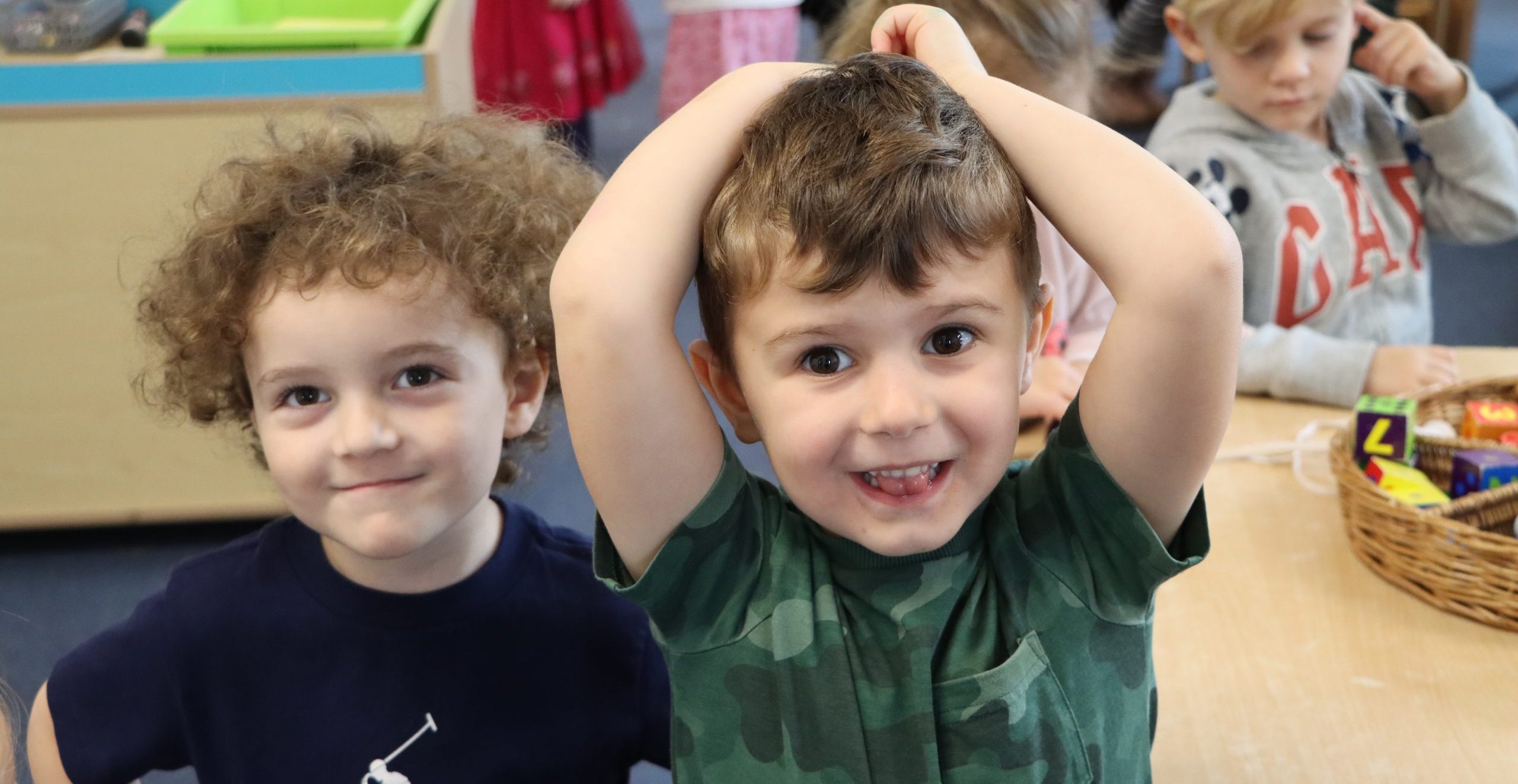
Autumn 2 – Nursery
Nursery children explore the theme “Who Helps Me?”, using key texts such as Real Superheroes, Emergency!, and Helping Hands to spark curiosity and discussion. These stories introduce children to real life heroes like doctors, firefighters, and police officers, helping them understand the different ways people care for and support others. Through role play, storytelling, and small world play, children begin to act out helping roles and use new vocabulary in context. Adults model language and encourage children to express feelings, name familiar people, and ask simple questions. Seasonal book hooks, including Dear Santa and Spot’s First Christmas, support festive activities that promote communication, creativity, and celebration. This half-term builds on children’s confidence, language development, and sense of community, while deepening their understanding of kindness and care.
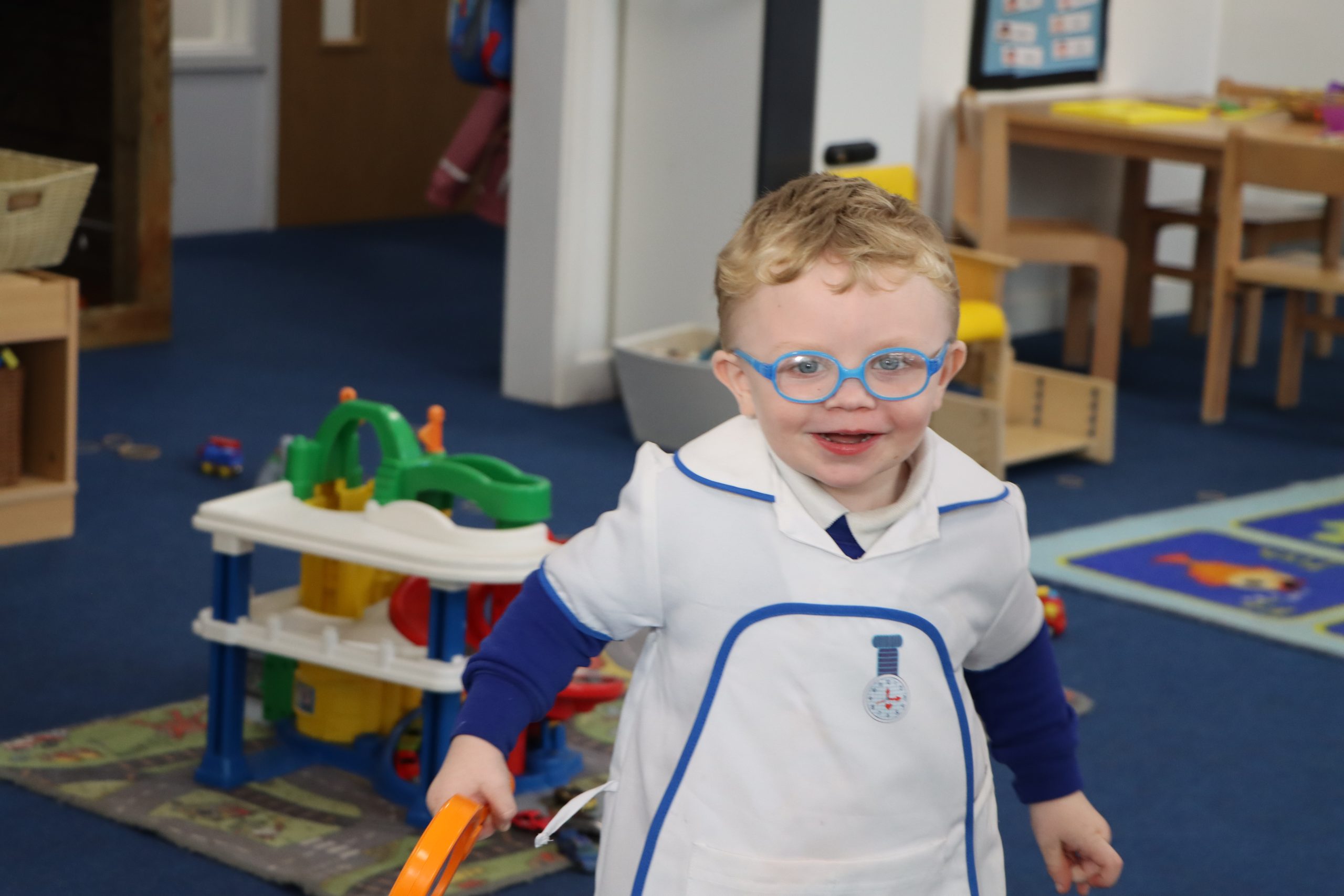
Autumn 2 – Reception
Reception children explore the theme “Who Helps Me?”, learning about the people who support us in our homes, schools, and communities. Through engaging discussions, role play, and hands on activities, children deepen their understanding of helpful roles such as doctors, firefighters, postal workers, and police officers. Key vocabulary is developed through high quality interactions and topic linked learning. Children are encouraged to ask questions, share their own experiences, and work collaboratively with their peers. This half term also features carefully chosen book hooks such as Stick Man and Owl Babies, which enrich storytelling, inspire imaginative play, and support early reading and writing. These texts are used to develop comprehension, sequencing skills, and expressive language, while also introducing themes of family, care, and celebration. By the end of the term, children demonstrate increased confidence, growing independence, and a deeper sense of empathy and community.
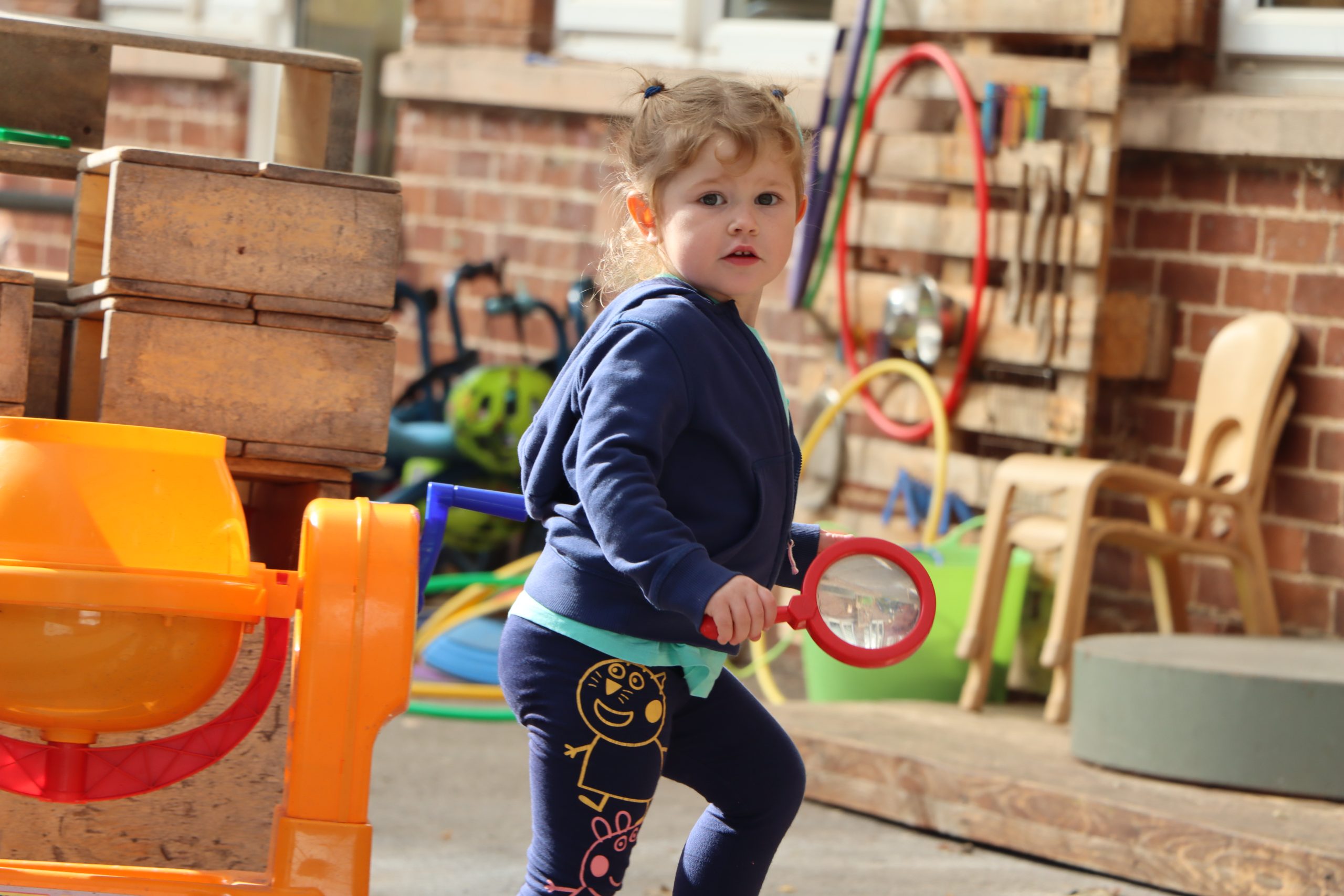
Spring 1 – Nursery
Nursery children explore the theme “Once Upon a Time”, focusing on traditional tales and favourite stories to support their early communication and language development. Using familiar texts such as Goldilocks and the Three Bears, The Three Little Pigs, and The Gingerbread Man, children join in with repeated phrases, respond to questions, and begin to talk about story characters and events. Through daily storytelling, small world play, and role play, they build confidence in using story language and retelling simple narratives. Adults support language development by modelling vocabulary, encouraging children to join in, and asking open ended questions. Children also take part in creative and sensory activities inspired by the stories, using materials to explore texture, colour, and sequence. This half term lays strong foundations for literacy and communication, while nurturing imagination and a love of books through purposeful, playful experiences.
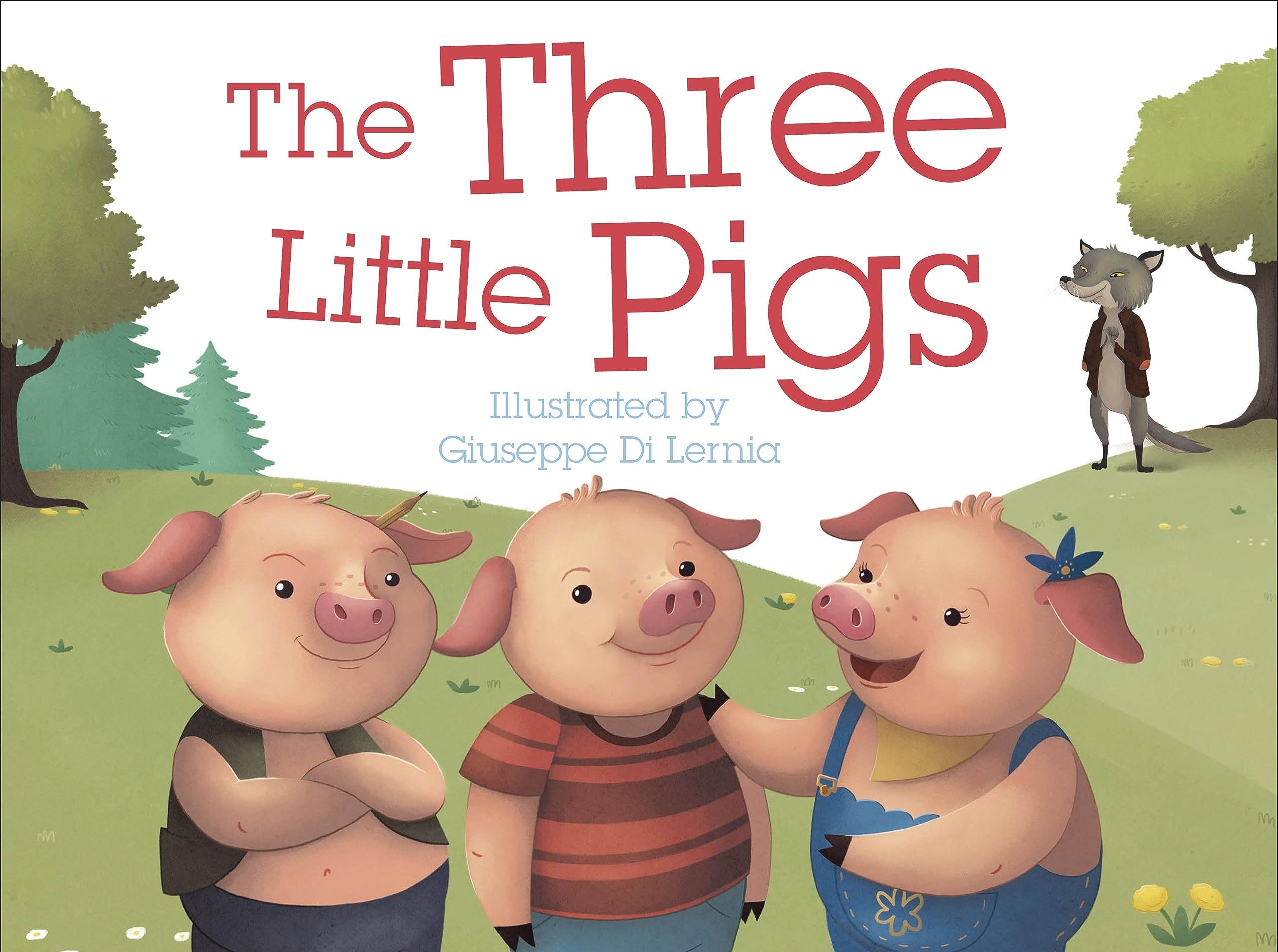
Spring 1 – Reception
Reception children continue their learning through the theme “Once Upon a Time”, focusing on well-loved traditional tales to enhance storytelling, comprehension, and early writing. Key texts such as The Three Little Pigs, Goldilocks and the Three Bears, and The Gingerbread Man provide a rich context for exploring characters, settings, and story structure. Children engage in role play, story sequencing, and puppet shows to retell and innovate familiar tales, using key story language and time connectives. Adults support children to develop their ideas, ask questions, and expand their vocabulary through high-quality interactions. Literacy skills are strengthened as children write simple captions, labels, and short narratives linked to the stories. Cross-curricular activities, such as baking and decorating gingerbread men foster creativity, teamwork, and problem solving. This half term deepens children’s understanding of narrative, encourages imaginative play, and supports growing confidence in reading, writing, and communication.
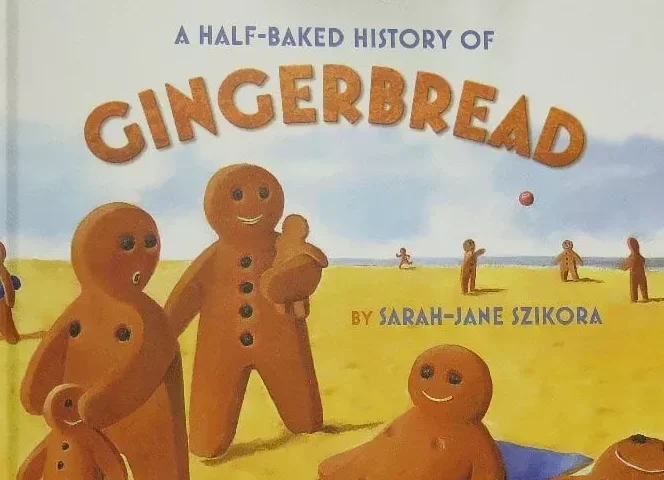
Spring 2 - What's Outside?
Summer 1 - Where Shall we Go?
Summer 2 - Amazing Animals!
Spring 2 – Nursery
Our What’s Outside project gives Nursery children a rich opportunity to connect with the natural world and explore the changing seasons through hands-on learning and outdoor adventures. Using engaging stories such as The Smeds and the Smoos (Julia Donaldson), The Gruffalo (Julia Donaldson), and We’re Going on an Egg Hunt (Laura Hughes), children discover animals, plants, weather, and seasonal changes. They become curious young scientists as they plant seeds, observe seasonal patterns, and investigate minibeasts and habitats. Outdoor explorations, nature walks, and seasonal art bring learning to life.
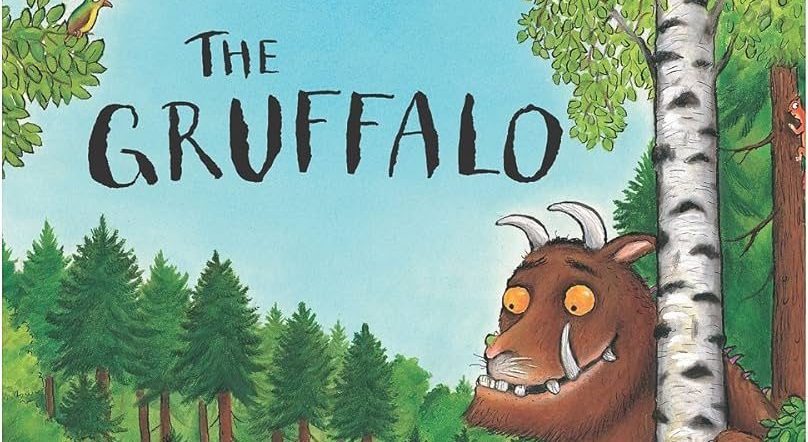
Spring 2 – Nursery
Our What’s Outside? project offers Reception children a rich opportunity to connect with the natural world and explore the changing seasons through hands-on learning and outdoor adventures. Using key texts such as The Tiny Seed by Eric Carle, Jack and the Beanstalk, and The Very Hungry Caterpillar, children learn about plant growth, lifecycles, and the wonders of nature. These stories inspire curiosity and provide meaningful links to science, literacy, and expressive arts.
Children become curious scientists as they plant seeds, observe weather patterns, and investigate minibeasts and lifecycles. A highlight of the project is our exciting trip to a local National Trust property, where children explore woodlands, gardens, and wildlife habitats, bringing their classroom learning to life in a truly memorable way. Back at school, they continue their investigations through nature walks, bug hunts, and creative outdoor play. This project nurtures a love of nature, builds scientific thinking, and encourages children to care for the world around them.
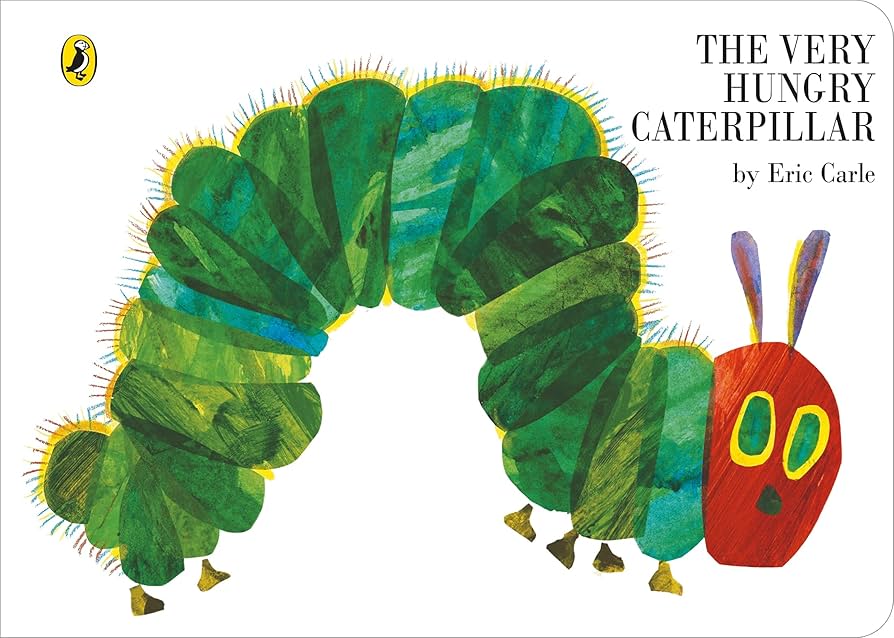
Summer 1 – Nursery
Nursery children explore the theme “Where Shall We Go?”, using stories and imaginative play to learn about different types of journeys, transport, and places around the world. Key texts such as Mr Gumpy’s Outing, The Train Ride, and We All Go Travelling By inspire curiosity about how we travel and where we can go. Children are encouraged to talk about places they have visited, design their own vehicles, and create maps and routes through small world and outdoor play. These activities develop their language, creativity, and understanding of the wider world. Adults support vocabulary building and questioning through storytelling and discussion, while incorporating early maths and problem solving through concepts like distance, speed, and direction. This half term promotes independence, collaboration, and exploration, helping children connect their own experiences to the world around them while continuing to grow in confidence and communication.
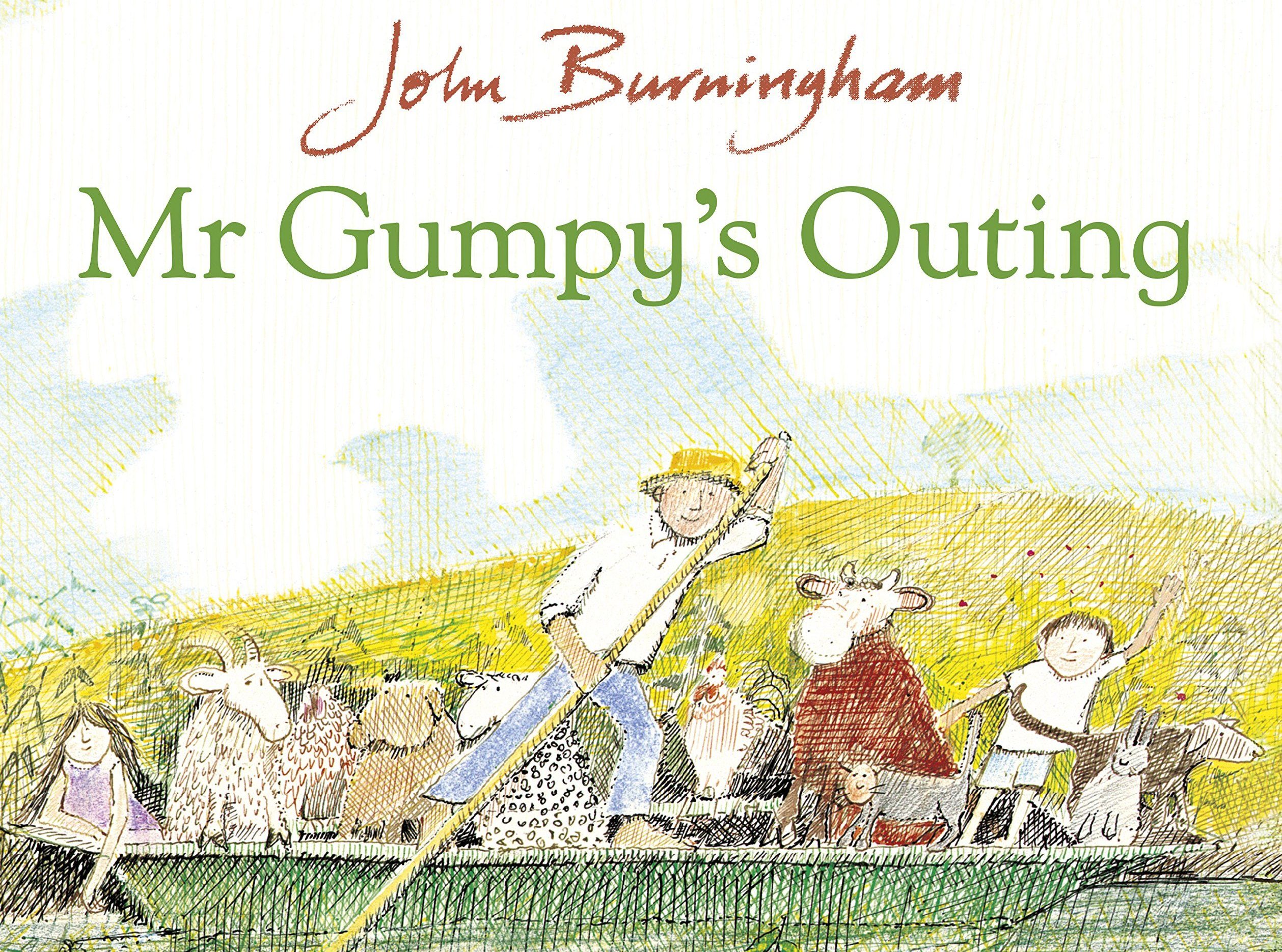
Summer 1 – Reception
Reception children explore the theme “Where Shall We Go?”, using engaging book hooks such as Handa’s Surprise, Whatever Next! non-fiction texts and Atlases to spark curiosity about travel and adventure. These provide rich opportunities for children to explore different settings, talk about real and imagined journeys, and use story language to describe events and places. Inspired by the texts, children take part in role play, storytelling, and activities that support vocabulary development and early writing. They are encouraged to ask questions, make predictions, and share their own experiences of travel, helping them connect learning to the world around them. This half term supports the development of expressive language, confidence in communication, and imaginative thinking, as children build on their growing independence and curiosity through purposeful, play based learning.
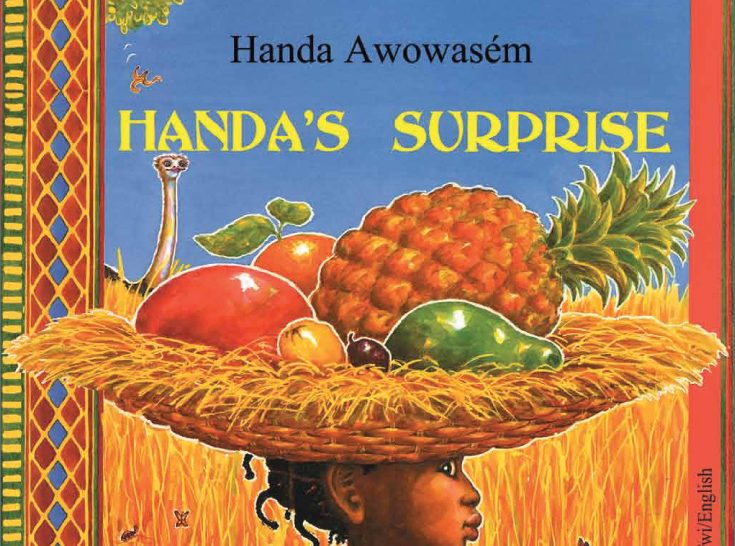
Summer 2 – Nursery
Nursery children explore the theme “Amazing Animals”, using book hooks such as Rumble in the Jungle, Farmer Duck, and Mad About Minibeasts to ignite their curiosity about the animal kingdom. These texts open up rich opportunities for children to learn about different animals, their habitats, and the sounds they make, while encouraging them to talk about their own experiences with pets, farm visits, and nature walks. Through imaginative play, storytelling, and creative mark-making, children are supported to develop their vocabulary and expressive language. They take part in small world play, puppet shows, and role play scenarios that help them describe animals, retell familiar stories, and invent their own. Adults model new language and encourage children to ask questions, make predictions, and share their ideas with others. This half term nurtures children’s confidence in communication, deepens their understanding of the world around them, and supports their growing independence. Through purposeful, play-based learning, children are inspired to explore, wonder, and express themselves as they continue to build strong foundations for future learning.
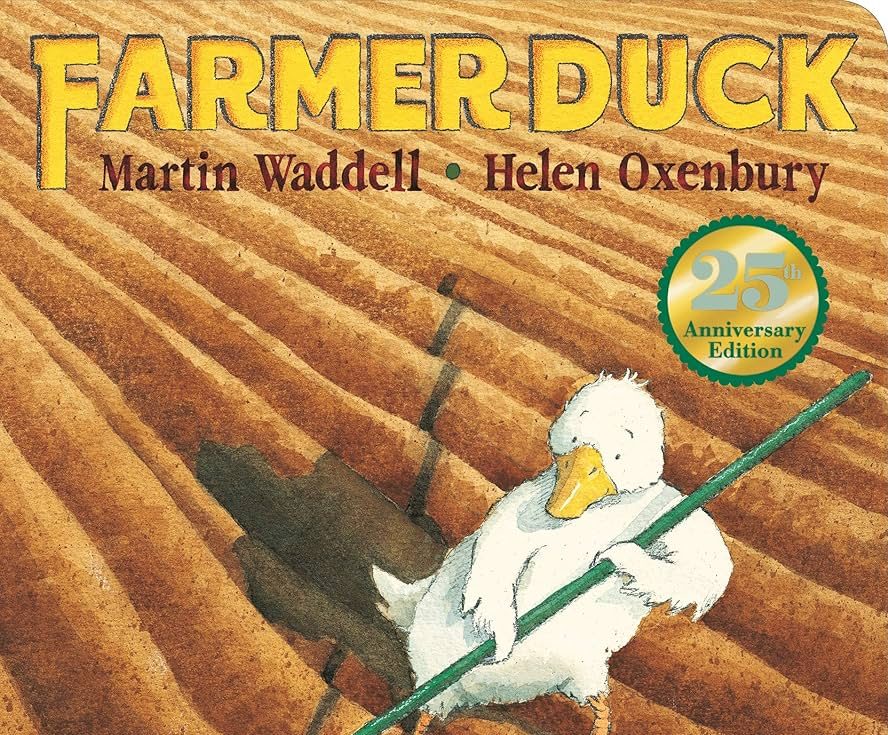
Summer 2 – Reception
Reception children explore the theme “Amazing Animals”, using engaging book hooks such as Farmer Duck, Tiddler, and The Deep Blue Sea alongside non-fiction texts to inspire curiosity about the animal world. These stories offer rich opportunities for children to learn about a wide range of animals, from pets and farmyard favourites to sea creatures and dinosaurs. Children are encouraged to talk about different habitats, compare animal features, and share their own experiences of animals they have seen or cared for. Through storytelling, role play and activities, children develop their vocabulary and expressive language. They take part in small world play, puppet shows, and imaginative writing activities that support early composition and sentence building. Adults model new language and encourage children to ask questions, make predictions, and use story language to describe characters and events. This half term supports the development of confident communication, imaginative thinking, and a deeper understanding of the natural world. As children prepare for their transition to Year 1, they continue to build independence and curiosity through purposeful, play based learning that celebrates their love of stories and discovery.
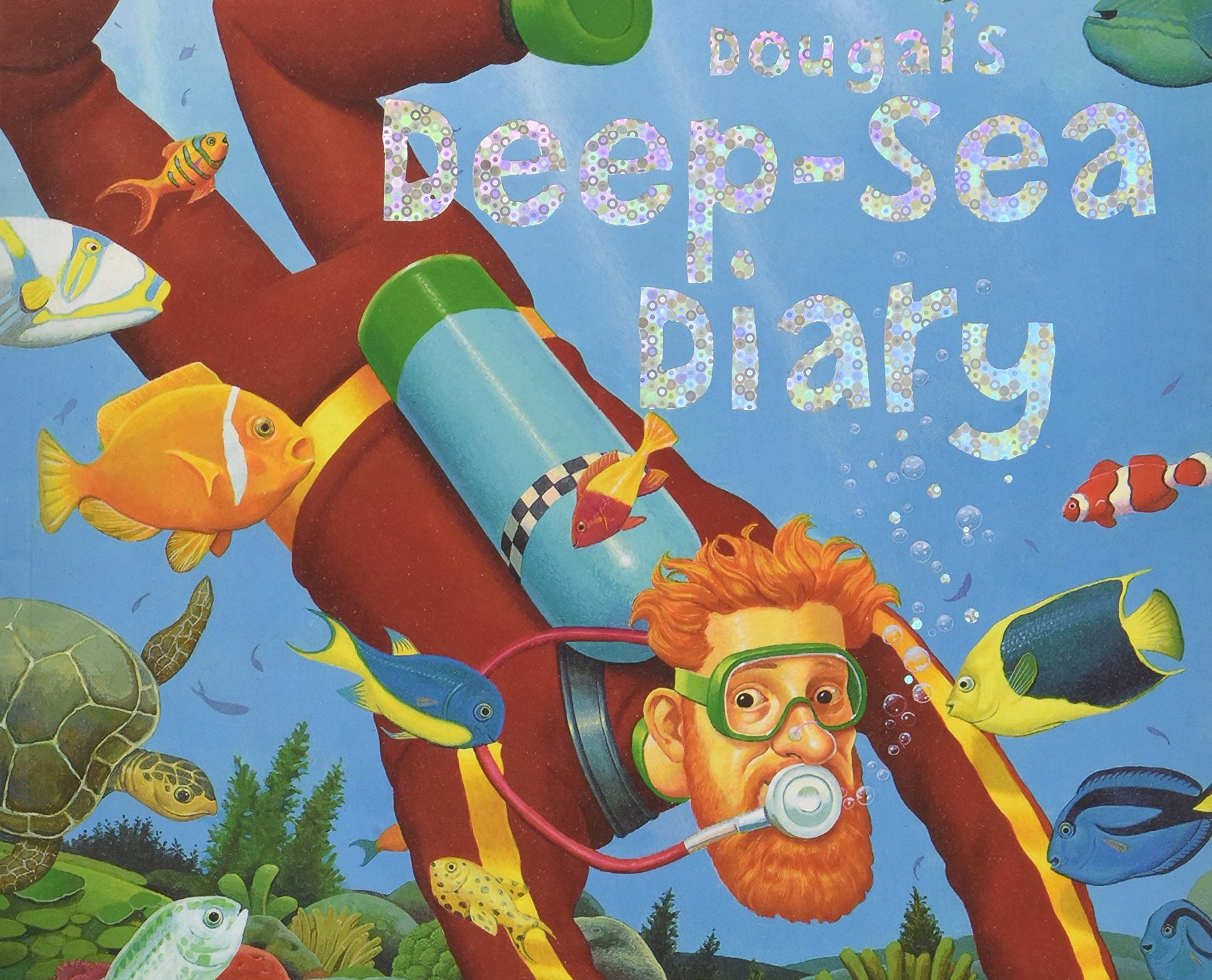
Curriculum
Communication and Language
Personal, Social and Emotional Development
Physical Development
Communication and Language
The development of children’s spoken language underpins all seven areas of learning and development. Children’s back-and-forth interactions from an early age form the foundations for language and cognitive development. The number and quality of the conversations they have with adults and peers throughout the day in a language-rich environment is crucial. By commenting on what children are interested in or doing, and echoing back what they say with new vocabulary added, practitioners will build children’s language effectively. Reading frequently to children, and engaging them actively in stories, non-fiction, rhymes and poems, and then providing them with extensive opportunities to use and embed new words in a range of contexts, will give children the opportunity to thrive. Through conversation, storytelling and role play, where children share their ideas with support and modelling from their teacher, and sensitive questioning that invites them to elaborate, children become comfortable using a rich range of vocabulary and language structures.
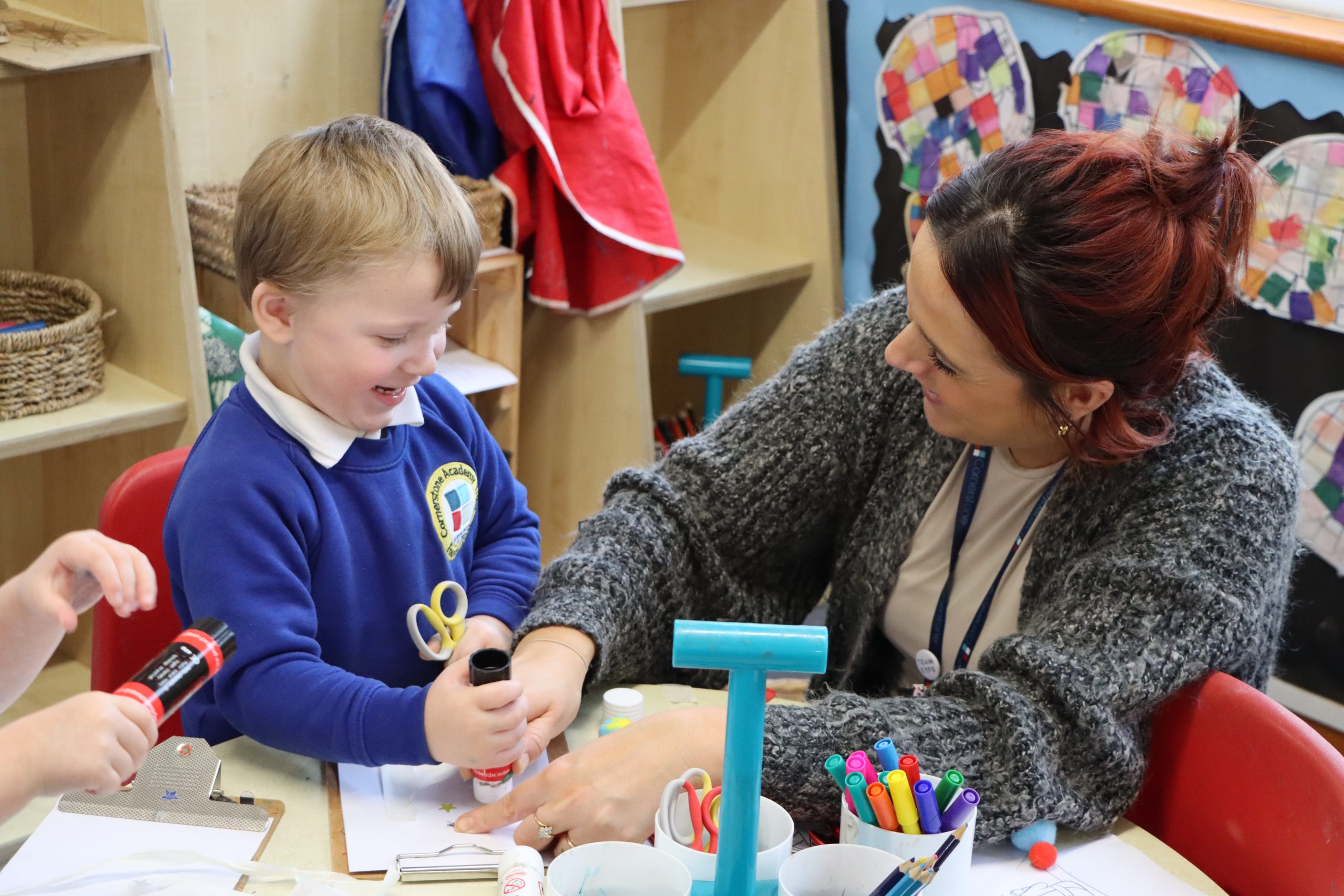
Personal, Social and Emotional Development
Children’s personal, social and emotional development (PSED) is crucial for children to lead healthy and happy lives and is fundamental to their cognitive development. Underpinning their personal development are the important attachments that shape their social world. Strong, warm and supportive relationships with adults enable children to learn how to understand their own feelings and those of others. Children should be supported to manage emotions, develop a positive sense of self, set themselves simple goals, have confidence in their own abilities, to persist and wait for what they want and direct attention as necessary. Through adult modelling and guidance, they will learn how to look after their bodies, including healthy eating, and manage personal needs independently. Through supported interaction with other children, they learn how to make good friendships, co-operate and resolve conflicts peaceably. These attributes will provide a secure platform from which children can achieve at school and in later life.
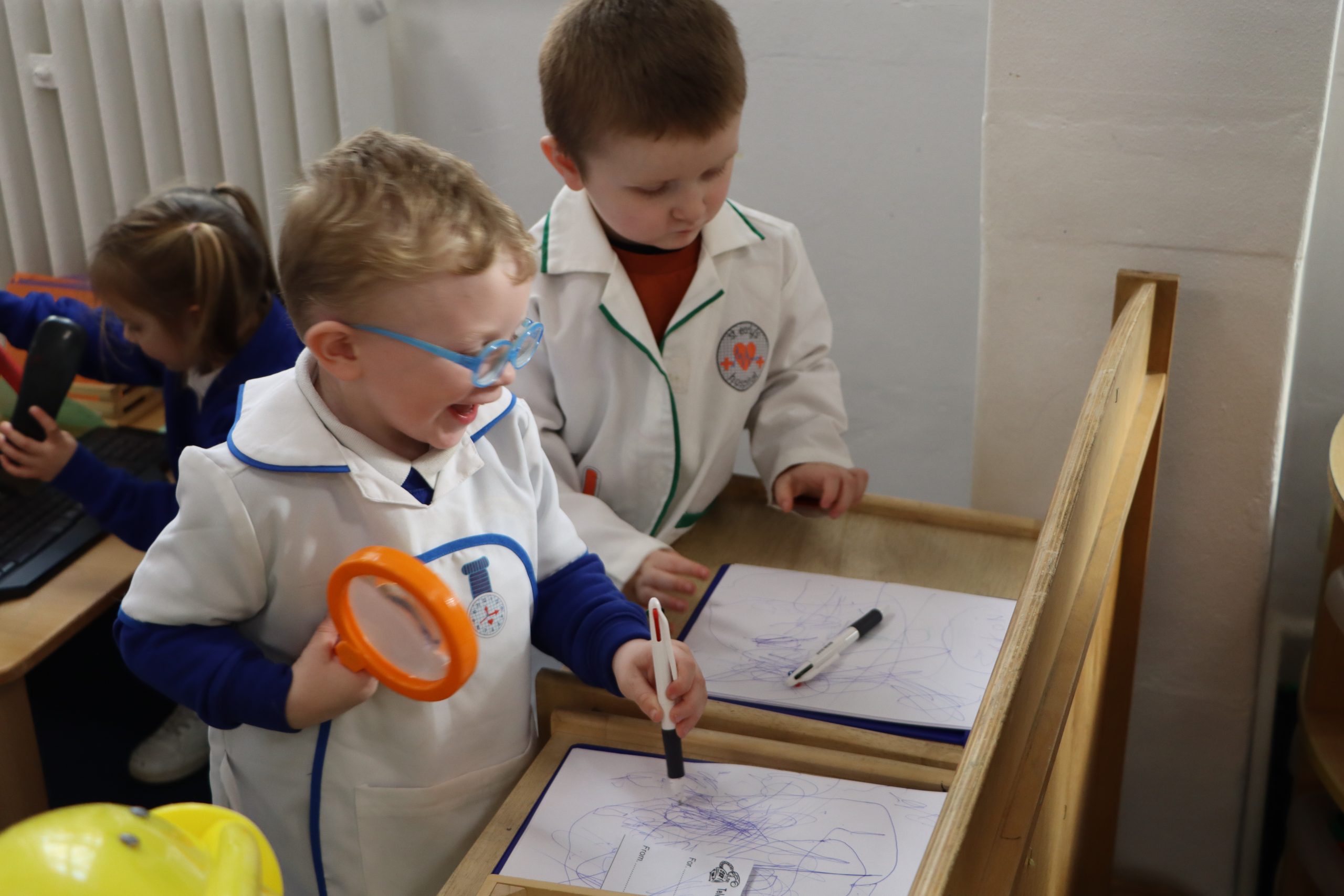
Physical Development
Physical activity is vital in children’s all-round development, enabling them to pursue happy, healthy and active lives11. Gross and fine motor experiences develop incrementally throughout early childhood, starting with sensory explorations and the development of a child’s strength, co-ordination and positional awareness through tummy time, crawling and play movement with both objects and adults. By creating games and providing opportunities for play both indoors and outdoors, adults can support children to develop their core strength, stability, balance, spatial awareness, co-ordination and agility. Gross motor skills provide the foundation for developing healthy bodies and social and emotional well-being. Fine motor control and precision helps with hand-eye co-ordination, which is later linked to early literacy. Repeated and varied opportunities to explore and play with small world activities, puzzles, arts and crafts and the practice of using small tools, with feedback and support from adults, allow children to develop proficiency, control and confidence.

Literacy
Mathematics
Understanding the world
Literacy
It is crucial for children to develop a life-long love of reading. Reading consists of two dimensions: language comprehension and word reading. Language comprehension (necessary for both reading and writing) starts from birth. It only develops when adults talk with children about the world around them and the books (stories and non-fiction) they read with them, and enjoy rhymes, poems and songs together. Skilled word reading, taught later, involves both the speedy working out of the pronunciation of unfamiliar printed words (decoding) and the speedy recognition of familiar printed words. Writing involves transcription (spelling and handwriting) and composition (articulating ideas and structuring them in speech, before writing).
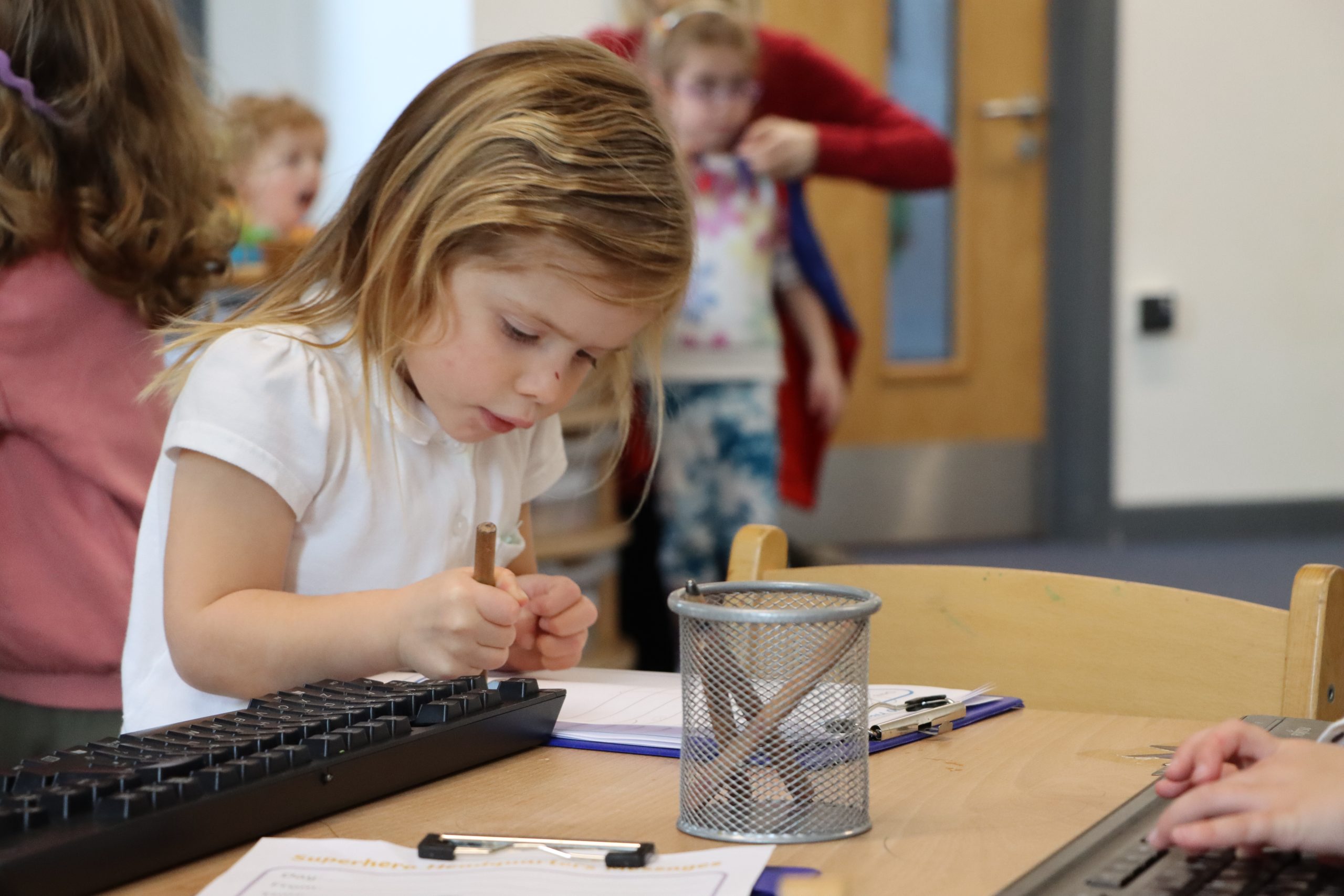
Mathematics
Developing a strong grounding in number is essential so that all children develop the necessary building blocks to excel mathematically. Children should be able to count confidently, develop a deep understanding of the numbers to 10, the relationships between them and the patterns within those numbers. By providing frequent and varied opportunities to build and apply this understanding – such as using manipulatives, including small pebbles and tens frames for organising counting – children will develop a secure base of knowledge and vocabulary from which mastery of mathematics is built. In addition, it is important that the curriculum includes rich opportunities for children to develop their spatial reasoning skills across all areas of mathematics including shape, space and measures. It is important that children develop positive attitudes and interests in mathematics, look for patterns and relationships, spot connections, ‘have a go’, talk to adults and peers about what they notice and not be afraid to make mistakes.
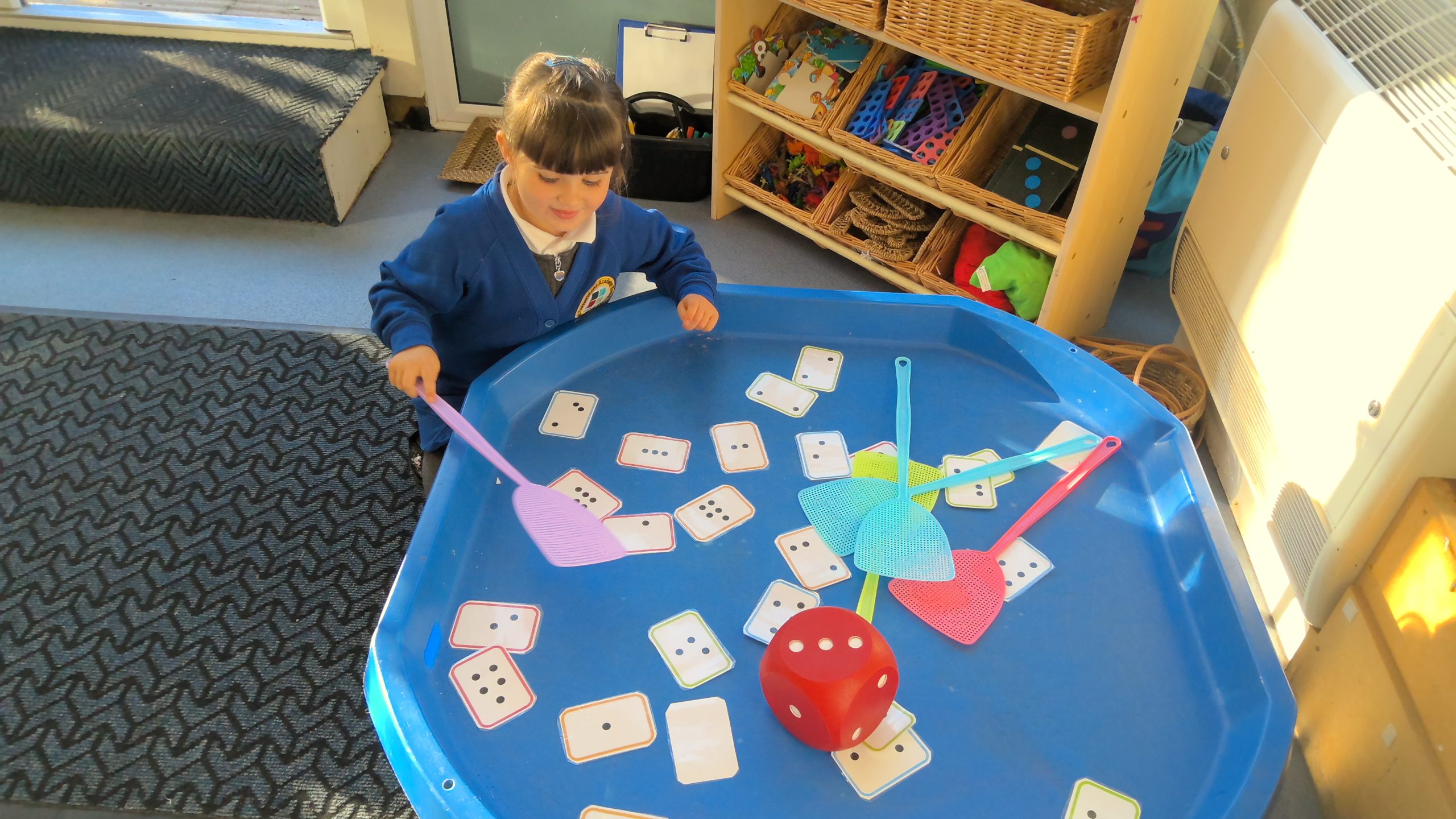
Understanding the World
Understanding the world involves guiding children to make sense of their physical world and their community. The frequency and range of children’s personal experiences increases their knowledge and sense of the world around them – from visiting parks, libraries and museums to meeting important members of society such as police officers, nurses and firefighters. In addition, listening to a broad selection of stories, non-fiction, rhymes and poems will foster their understanding of our culturally, socially, technologically and ecologically diverse world. As well as building important knowledge, this extends their familiarity with words that support understanding across domains. Enriching and widening children’s vocabulary will support later reading comprehension.
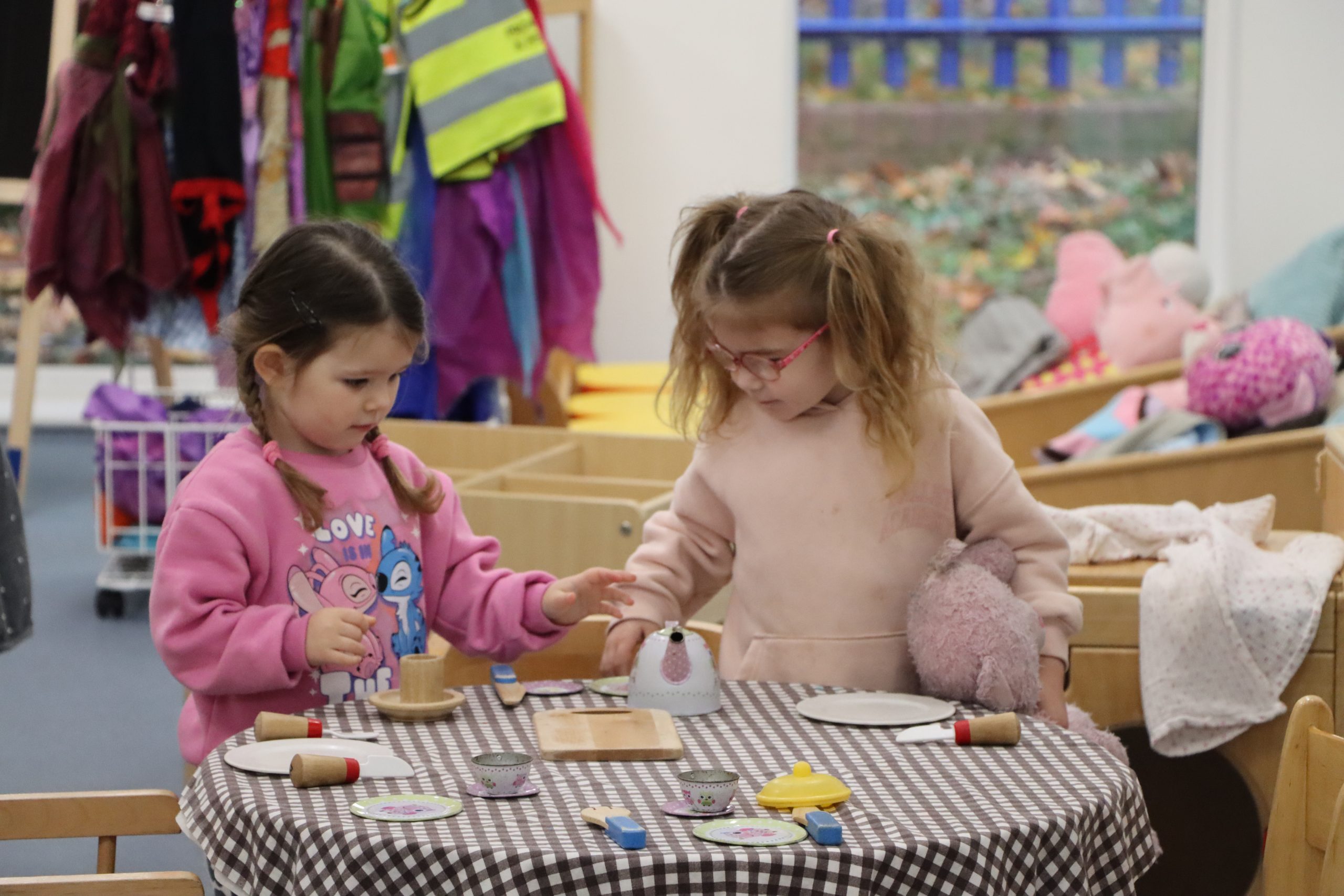
Expressive Arts and Design
Expressive Arts and Design
The development of children’s artistic and cultural awareness supports their imagination and creativity. It is important that children have regular opportunities to engage with the arts, enabling them to explore and play with a wide range of media and materials. The quality and variety of what children see, hear and participate in is crucial for developing their understanding, self-expression, vocabulary and ability to communicate through the arts. The frequency, repetition and depth of their experiences are fundamental to their progress in interpreting and appreciating what they hear, respond to and observe.
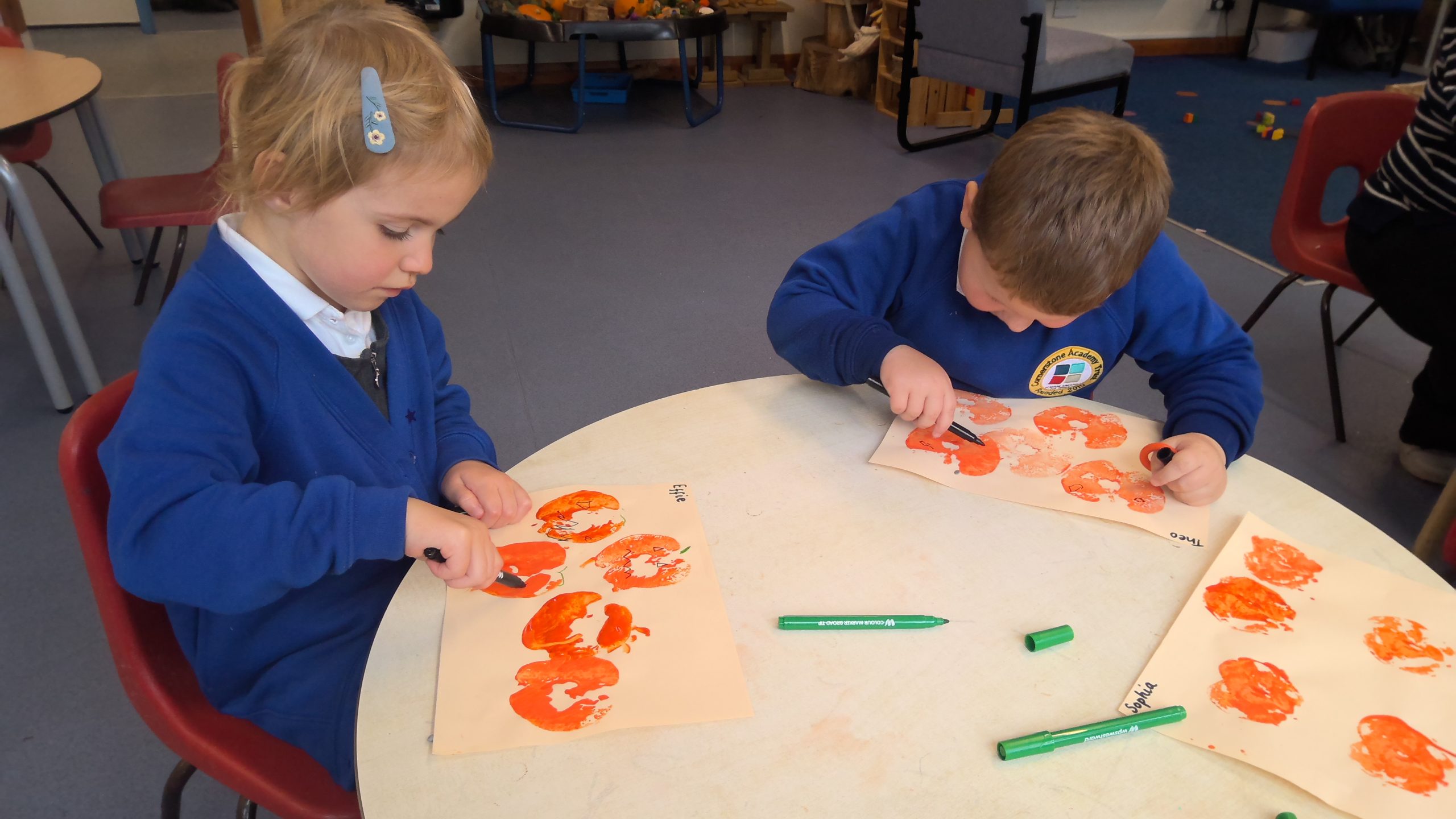
Contact: admin@tcat.education
Phone: 01392 304040
© The Cornerstone Academy Trust 2025



